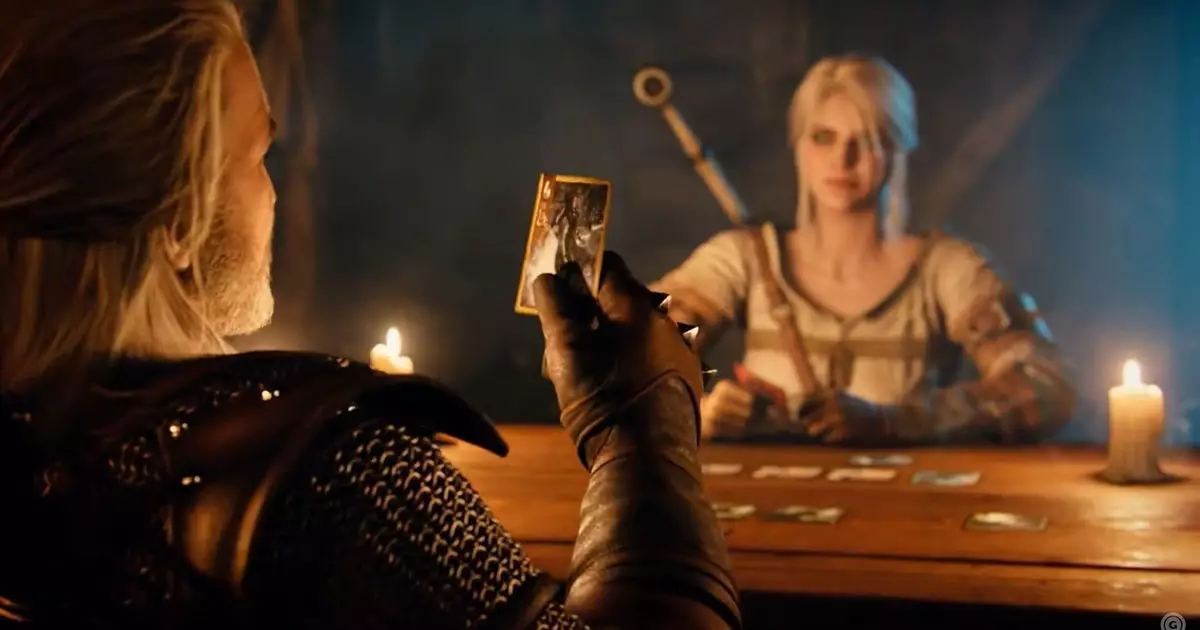Imagine setting the scene: in a small, inviting tavern, the warmth of the fire crackles as you sit opposite a friend named Aldert. Outside, the elements rage alongside mythical nightwraiths, and yet, here you are, enthralled in a card game. This duality encapsulates the essence of the Witcher universe, where seemingly petty distractions serve as moments of refuge amidst peril. As troubling events unfold within the larger narrative, the allure of Gwent beckons players back into the fold—a testament to the unique gaming experience that blends strategy with storytelling.
Recently, the development team at CD Projekt Red teased the expected revival of Gwent for the highly anticipated Witcher 4. This confirmation is not merely symbolic; it reflects a broader understanding of what fans adore about the franchise. During a candid conversation with Easy Allies, executive producer Gosia Mitręga emphasized their commitment to fan engagement, stating, “We also really carefully always listen to the community.” This statement resonates deeply in an industry often criticized for its disconnect with the player base, marking an essential step towards cultivating trust and excitement among gamers.
Development Insights: A Nod to Community Feedback
In a collaborative effort, the game director Sebastian Kalemba added, “It’s a part of the experience, so absolutely. We also love Gwent.” Such comments do not just reinforce the significance of Gwent but also highlight the developers’ promise to incorporate player feedback into their creative process. It’s a refreshing perspective in game development, especially given Gwent’s successful transition from a mini-game in The Witcher 3 to a standalone card game that has captivated audiences around the world.
Gwent’s popularity led to the launch of free-to-play versions and even a single-player narrative in “Thronebreaker: The Witcher Tales.” Its transformation from a simple card game into a formidable stand-alone experience illustrates a profound understanding of not only the mechanics of card gaming but what drives player engagement. However, the evolution of Gwent has not been without complications; nuances seem to shift frequently, making it hard for players to stay adept. Fans are left wondering: will the familiarity of classic strategies make a comeback in the Witcher 4, or will they face a revised battlefield that demands fresh tactics?
Though myriad questions about Gwent’s future remain unanswered, anticipation is palpable. Will players once again deploy frosty tactics, or are new mechanics awaiting discovery? As the game’s release date approaches, the excitement surrounding Gwent’s inclusion grows, heightening the stakes for how it will mesh with the overall narrative and gameplay. The interplay between desperation in a world fraught with chaos and the quiet moments of strategy in Gwent invites players to engage with the story on multiple levels.
In closing, the return of Gwent in The Witcher 4 is not just a nod to nostalgia; it signifies an integral part of the game’s identity. As players eagerly await the game’s release, one thing is certain: the streets may be filled with chaos and monsters, but within those taverns, countless strategies and heartwarming memories are just a card game away.


Leave a Reply